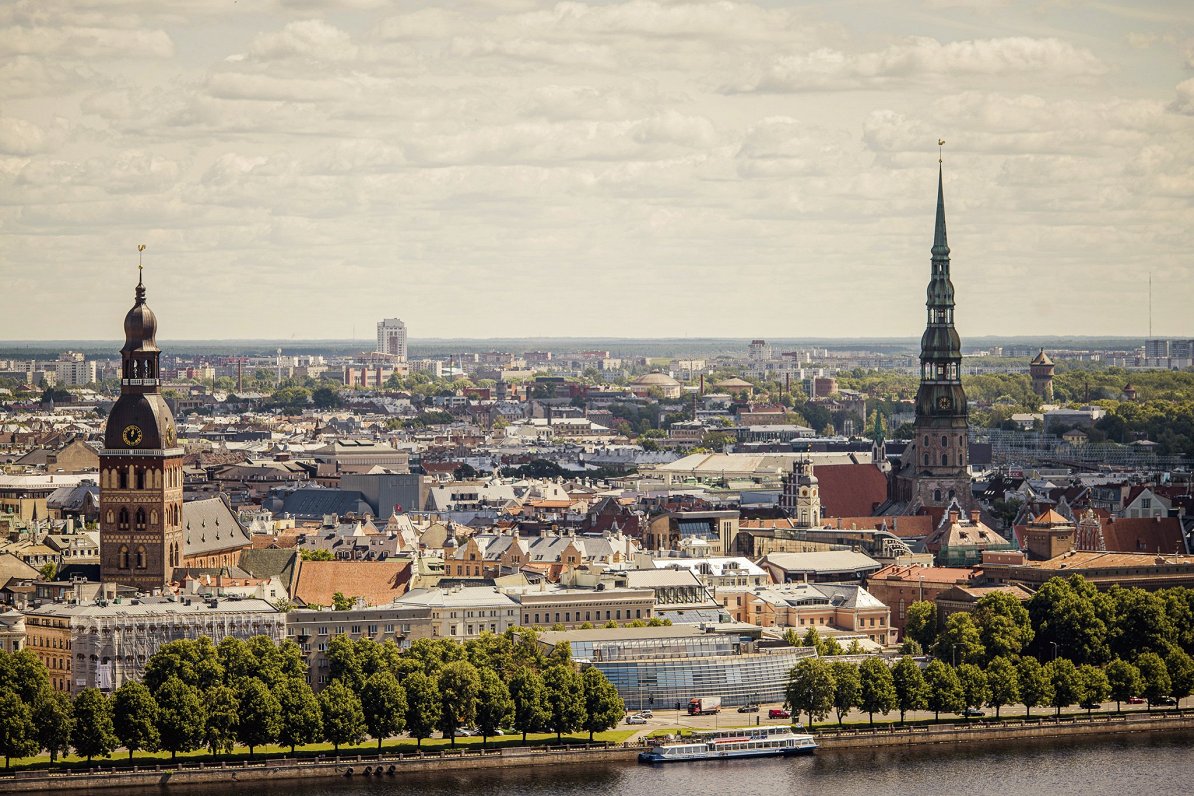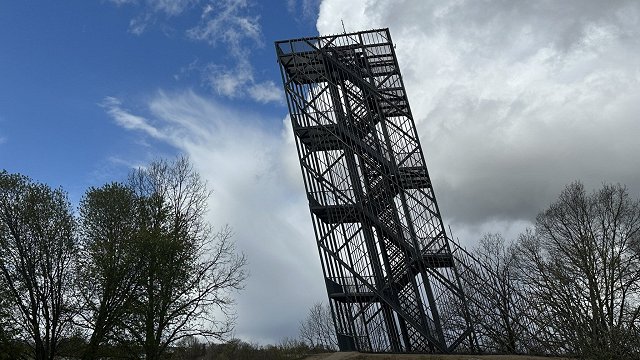Current state financial support for COVID-19 will end when the year ends. Some businesses and hotels have already closed, but those that remained were hoping to stay afloat at least until the spring of next year, when the industry would normally get more activity. However, responsible ministries where the industry has sought support are not providing encouragement. There will be no additional money directly.
Losses in the sector are significant. In April, business practically stalled - tourism accommodation had 98.4% fewer foreign guests than usual, according to data from the Central Statistical Bureau.
The situation improved slightly in June and July, but tourists arriving here from other countries were still 38.5% fewer than a year earlier. However, COVID-19 spread again, and more and more countries appeared on the so-called “red" and "yellow" lists from which arrivals have to observe self-isolation, which meant a new downtime for this business.
The empty streets, cafes and hotels of Old Rīga are the visible part of the iceberg. However, the work also stopped for tourism operators and agencies, according to Ēriks Lingebērziņš, co-owner and CEO of Balticvision Riga.
Among the last who could come to Latvia without self-isolation were the Finnish.
“Finland has historically been among markets that know their destination very well. The specifics of our work are Germany, the Netherlands, Spain, Italy, typical Europe's outgoing tourism countries. And then, in fact, since 22 August, when those [cumulative disease] rates started to exceed 16, we have stopped in our work,” Lingebērziņš said.
Downtime benefits that could be received before the middle of the summer have now been replaced by subsidies at 30% of the previous year's social contributions. So far, nearly €10 million has been allocated to 414 companies, according to data from the Latvian Investment and Development Agency.
In December, the program will end and the Finance Minister does not promise any other support.
On September 16, Finance Minister Jānis Reirs (“New Unity”) mentioned this in an interview on Latvian Radio: “It is not abstract money. It's money borrowed. And how long can the sector borrow, borrow, borrow, and put that debt on the rest of society. (..) Consequently, re-qualification needs to be considered."
The sector representatives are confused by such a position.
“I strongly suspect that we will not all be able to become IT specialists or to create new technologies, as it is expected of us,” Lingebērziņš said.
As of mid-March, when an emergency was announced, 4500 people were registered for unemployment in the tourism sector. Tourism workers hope that the government will nevertheless create support opportunities, because it is not fair that one sector should pay for COVID-19.
“I would also like to hear the government acknowledge this - yes, our luck is actually thanks to the fact that one sector is practically destroyed at the moment,” Lingebērziņš said.
The Finance Minister's Councillor Ints Dālderis repeated Reirs' statement that other taxpayers will not be able to maintain a non-working sector.
This means not only losses for entrepreneurs and industry themselves, but also for the country, the turnover of the tourism sector has so far been 4% of gross domestic product, which in terms of money is around a billion euro.
“We will try to support other industry companies. We have really great financial opportunities to support both export-capable companies working in different sectors and high-tech companies from Europe's common funds. Then we will try to fill this budget gap with these funds, in addition to boosting productivity,” Dālderis said.
The government is placing expectations on local tourism. The data do not paint an optimistic picture.
Latvia's residents actually did start travelling more in July - local tourism accommodation was nearly 2% more than a year ago. But with foreign guests the fall was still at 25%. Now that the Baltic bubble has burst, there will also be fewer guests from Lithuania and Estonia.
The Ministry of Economy has been asked to look for solutions, but it also points out that reality should be taken into account.
Deputy State Secretary Raimonds Aleksejenko said that it was impossible for the state to keep a whole sector afloat for two or three years. Some of the money that will be left over from various aid measures this year could be channeled to tourism companies at the end of the year, but it still must be figured out.































